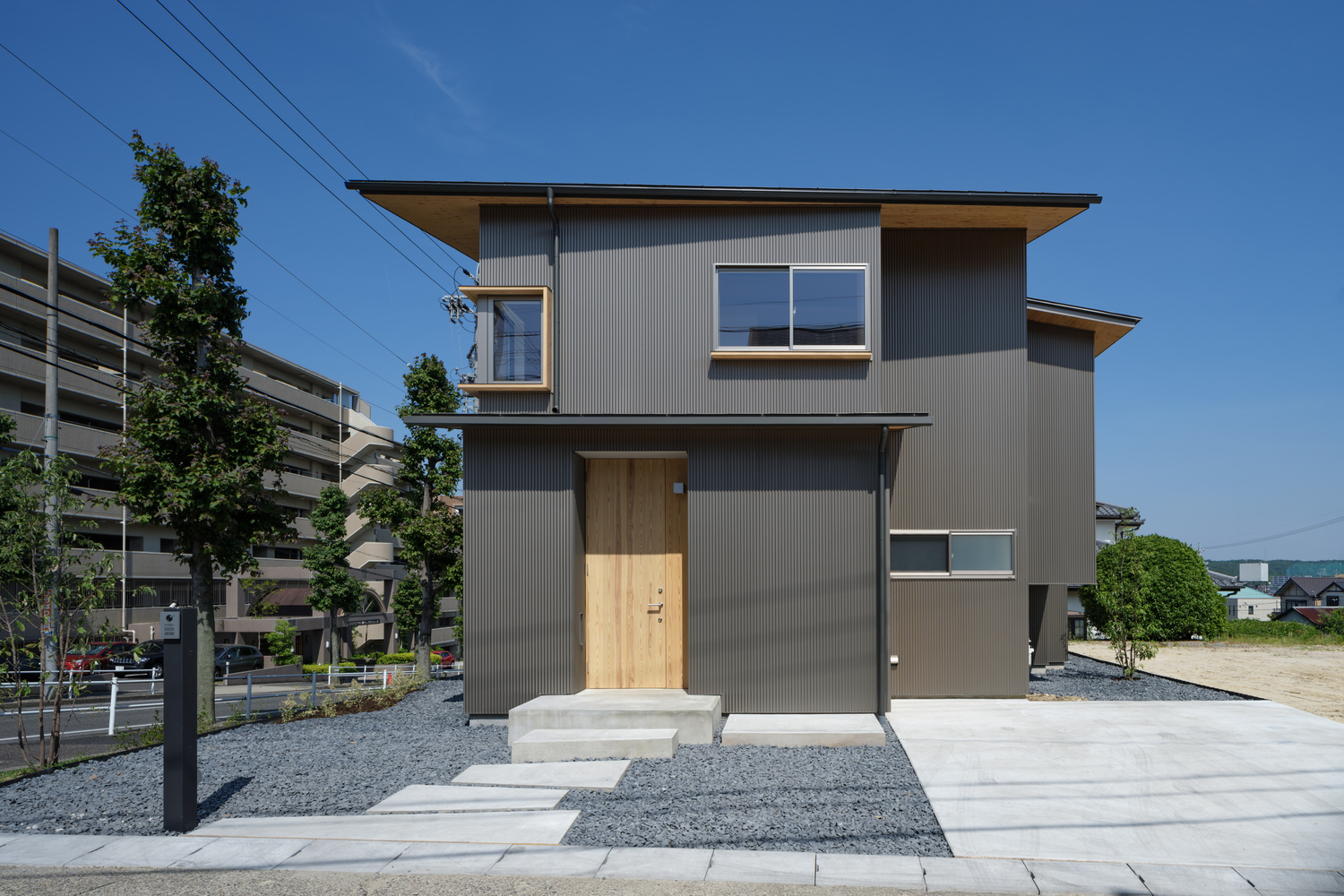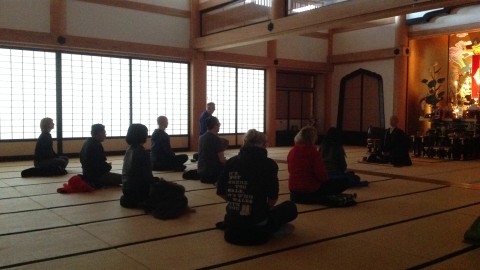Question to Osho: HOW EXACTLY TO TREAT THE FOLLOWING AILMENTS:
FIRST: MISERLINESS.
SECOND: NAGGING, WORRYING PERFECTIONISM.
THIRD: ACTOR PERSONALITY, THAT IS, ALWAYS BEHAVING AS IF ON SHOW.
FOURTH: PRIDE. THIS INCLUDES PRIDE ABOUT WHAT I HAVE LATELY BEGUN TO THINK IS MY PEACEFULNESS.
IS MEDITATION SUFFICIENT TO DEAL WITH THESE, OR IS ANYTHING ADDITIONAL NEEDED, SUCH AS CONSCIOUSLY INDULGING IN THEM TO THE EXTREME OR TRYING TO IGNORE THEM OR PERHAPS CONSCIOUSLY AVOIDING THEM?
Miserliness has almost become an inbuilt-thing in you. The whole pattern of society creates it. It wants you to snatch things from people and not to give. It makes you ambitious, and an ambitious man becomes miserly. Whatsoever the ambition – worldly, non worldly – but an ambitious man becomes miserly. Because he is always preparing for the future, he cannot afford to live and share. He is never here-now. If he has money, he has money for the future, not for now. And how can you share in the future? Sharing is possible only in the present. He has money for his old age. Or there are people who have their character, virtue, for the future life, for paradise. How can they share right now?
They are accumulating, preparing for something great to happen somewhere in the future.
Right now they are poor.
All ambitious people are poor, and because of their poverty, they become miserly. They go on holding everything. Useless things they go on holding.
I used to live with a man. I was surprised to see that his whole house was just like a junkyard. It was even difficult to live in that house; there was no space left. And he was continuously accumulating whatsoever. One day I had gone for a walk and I saw that man by the side of the road picking up a handle of a bicycle, just the handle. He looked all around and he saw that nobody was seeing; he took that handle to his home. When I came back, I went into his house and said, “Where is that handle?”
He was a little embarrassed; he said, “Have you seen it?”
“I was there.”
But he said, “This is a good thing. And who knows? By and by I can collect the whole bicycle. And what is wrong with it? And I have not stolen it; somebody had thrown it.”
This way he went on accumulating things – useless things – but he is always thinking of the future. Someday these things will become useful; someday the need may arise. Who knows?
You may not be doing so in your house, but you all do so in your heart. If you go into your heart, into your mind, you will find it like a junkyard. You have accumulated many useless things there. You have never cleaned it. You go on putting in rubbish, and then you become heavy, and then you feel burdened, and then you feel disturbed. And then an inner ugliness arises.
But try to understand the base of miserliness. It is in the idea of living somewhere in the future. If you are to live herenow, you are never miserly, because you can share. For what to collect anything? For what to accumulate? There is no necessity that tomorrow is going to be; it may not be. Why not share? Why not enjoy it? This very moment life is flowering in you. Enjoy it, share it. Because by sharing, it becomes intense. By sharing, it becomes more vital. By sharing, it increases and grows.
So the whole point is to understand that the future is not. The future is created by an ambitious mind. The future is not part of time. It is part of ambition. Because ambition needs space to move. You cannot fulfill ambition now. You can fulfill life now, but not ambition. Ambition is against life, antilife.
Just see yourself and others. People are preparing: someday they are going to live. That day never comes. They go on preparing, and they die. It will never come because, if you get into preparations too much, that will become an obsession. You will simply prepare and prepare and prepare. It is as if somebody goes on accumulating foodstuff for some future use and goes on remaining hungry, starving, and dying. That’s what is happening to millions of people. They die, surrounded by much stuff which could have been used.
They could have lived beautifully.
Nobody is hindering your path except your ambition.
So miserliness is part of ambition.
This question is from Bodhidharma. He is very ambitious. Not in a worldly sense – he does not want a big house, he does not want a big car, he does not want a big bank account – no, he is simple that way, very simple, almost a mahatma. He has nothing much and he does not bother about it. But he wants to be enlightened. That’s his problem.
And he is in such a hurry to become enlightened.
Drop all nonsense. Live right now. There is no need for any enlightenment in the future.
If you live right now, you are enlightened. The day you will be able to find out that life has to be lived right now, here-now, you are enlightened. Then one never thinks of the past and never thinks of the future. This moment is enough, enough unto itself. All misery disappears.
Misery is because you are not capable of living. So you create some goals – enlightenment is a goal to give you a feeling that you are important, that you are doing something, your life is meaningful, you are not living a meaningless life, you are a great spiritual seeker. All ego trips.
Enlightenment is not a goal. It is a consequence. You cannot seek it. You cannot make a goal out of it. It cannot become an object of desire. When you start living desirelessly, here-now, suddenly it is there. It is a consequence. It is a consequence of a vital life, of an alive being – so alive and so intense, so aflame, that this moment he moves so deeply into time that he touches eternity.
There are two moments in time. One is from one moment to another, horizontal – from A to B, from B to C, from C to D. That’s how you live; that’s how desire moves – horizontal. A really alive man, sensitive, aware, does not move from A to B. He moves deeper into A and deeper into A and deeper and deeper and deeper; his movement is vertical.
This is the meaning of Jesus’ cross. The cross is both vertical and horizontal. Jesus’ hands are on the horizontal part of the cross. His whole body is on the vertical. Hands are symbolic of action; action moves horizontally. Being, moves vertically.
So don’t be absorbed in action too much; become more and more absorbed in being. And that’s what meditation is all about. It is to learn how to be without doing anything. Wu wei – how to be, without doing anything. Just to be. And you start falling into this moment, deeper and deeper and deeper. And this vertical movement of time is eternity.
Both meet in you – time and eternity. Now it is for you to decide. If you move in ambition, you will move in time; and death exists in time. If you move in desire, you will move in time; and death exists in time. If you hanker for the ego, you will move in time.
Death, ego, desire, ambition, they all are part of the horizontal line.
If you start digging in the moment and move vertically, you become a nonego, you become desireless, you become non ambitious. But suddenly you are aflame with life, you are an intense energy of life. God has taken possession of you.
Move vertically, and all miserliness disappears.
“Nagging, worrying perfectionism.” That has also been forced upon you. You have been taught to be perfect. The real thing is to be whole, not perfect. Nobody can be perfect, because perfection is a static thing. Life is dynamic. Nothing can be perfect in life because more perfection and more perfection is possible. It goes on growing, endlessly. It is a continuous growth, a continuum. It is always evolution, it is always revolution. It is never at a point where you can say, “Now, this is perfect.”
Perfection is a false ideal, but the ego wants it. The ego wants to be perfect, so it goes on nagging you: “Become perfect.” Then it creates tensions, madness, insanities, and the ego goes on creating ego trips. Just the other day I was reading a definition. The definition says, “The neurotic person is one who makes castles in the air, and the psychotic person is one who lives in those castles, and the psychiatrist one who collects the rent.” If you want to become neurotic, psychotic, then try to become perfect.
And all the religions on the earth up to now – organized religions, the church – have been teaching people to become perfect. Jesus has not taught that. Christianity has.
Buddha has not taught that. But Buddhism has. All the organized religions have been teaching people to become perfect. Buddha, Jesus, Lao Tzu, they told something totally different; they say, “Become whole.” What is the difference between “whole” and becoming “perfect?” Becoming perfect is the horizontal line; perfection is somewhere in the future. Becoming whole can be done this moment, this moment, here-now; it needs no time. Becoming whole is becoming authentic, becoming yourself – whosoever you are, whatsoever you are.
Tags: Patanjali Time And Eternity










